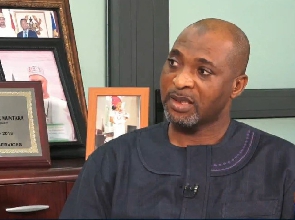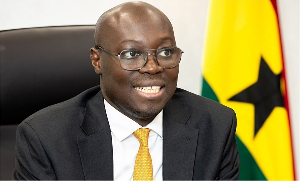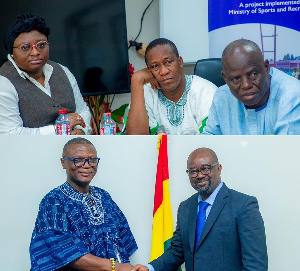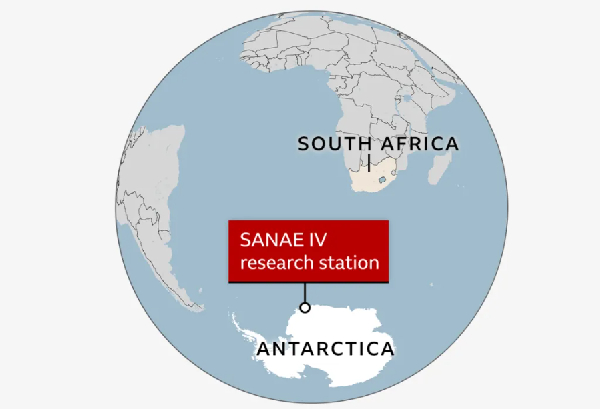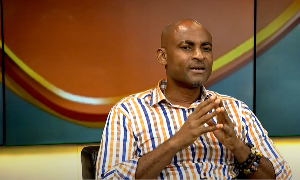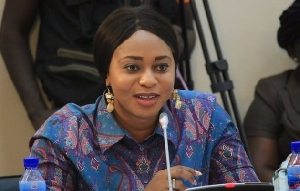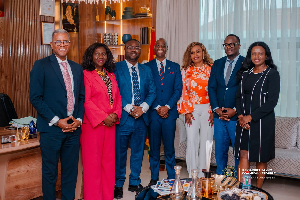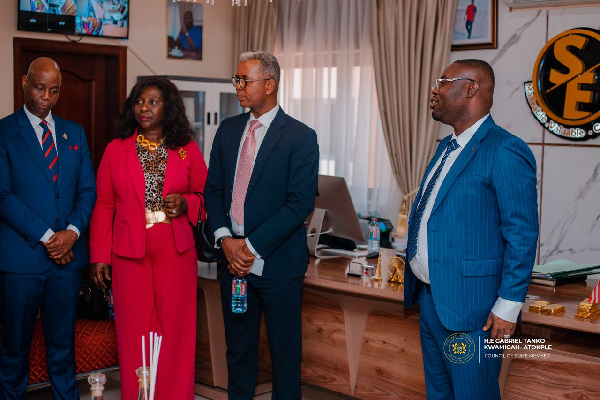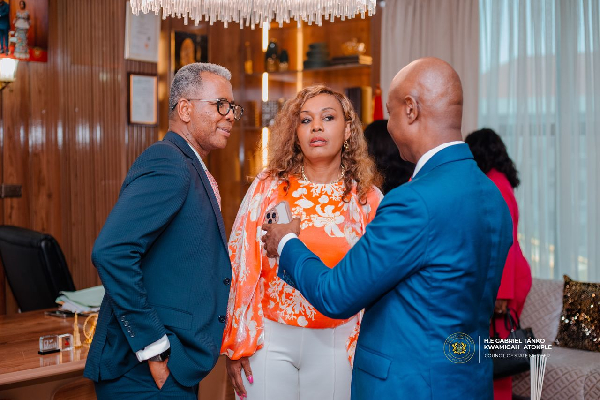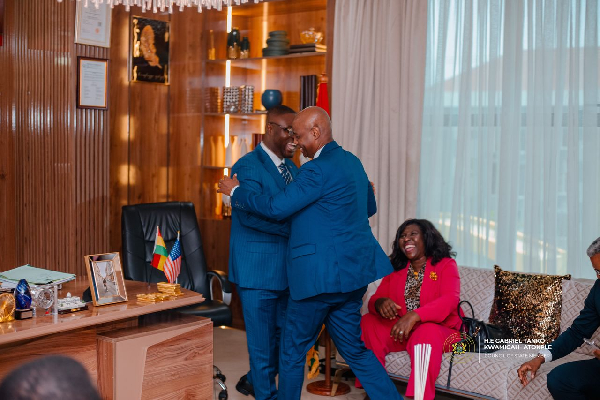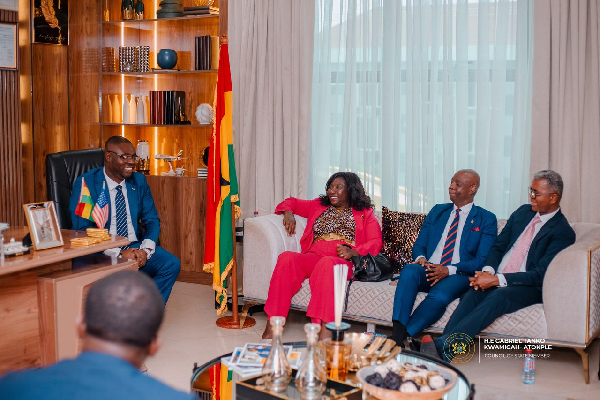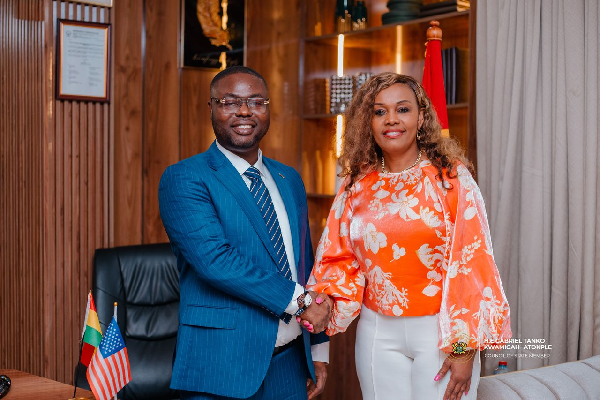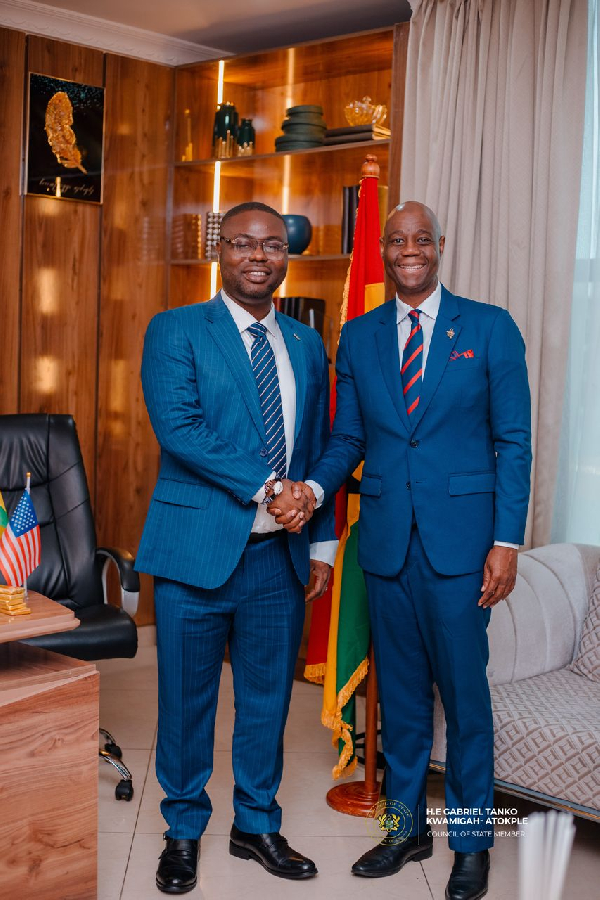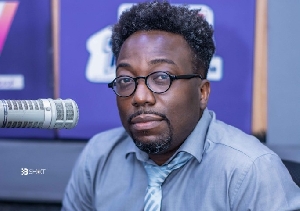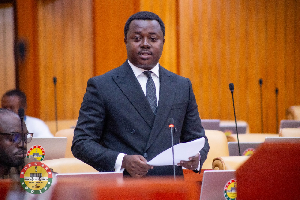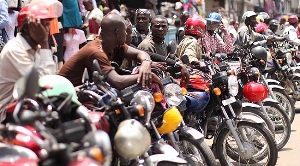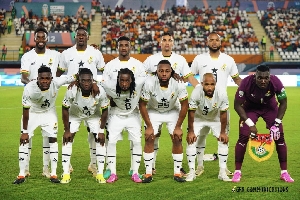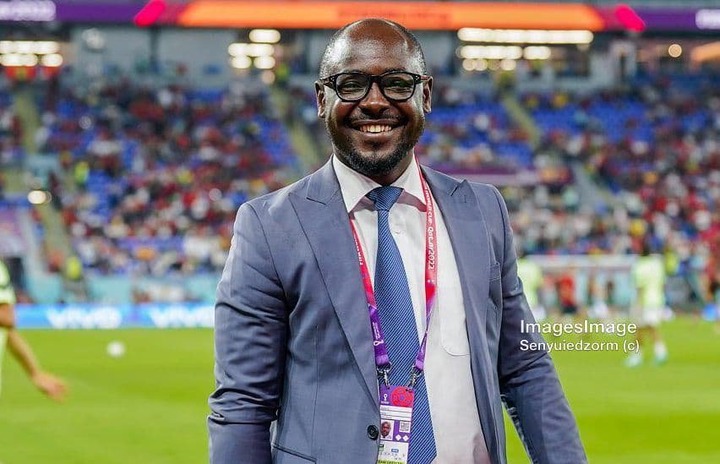The 24-hour economy was a major campaign promise of the current government, envisioned as a means of creating jobs, boosting national productivity, and positioning Ghana as a competitive economy within the sub-region.
According to the government, this model is an internationally proven strategy aimed at addressing the country’s high youth unemployment rate. A successful 24-hour economy is dependent on the availability, affordability, and stability of electricity to enable businesses and industries to operate without interruption.
In this regard, solving dumsor (power outages) and ensuring affordable electricity for industries is non-negotiable.
Globally, many countries have adopted differential tariff systems, which allow electricity prices to vary based on demand periods. This strategy incentivizes industries to operate during off-peak hours, thereby reducing operational costs and stabilizing the power grid (Ofgem, 2024).
Despite Ghana’s stated commitment to a 24-hour economy in its 2025 Budget, the policy document fails to explore structural changes to electricity tariffs that would encourage industries to operate during off-peak hours.
The budget merely outlines a quarterly tariff review without introducing time-of-use pricing. This oversight could hinder the realization of an efficient and sustainable 24-hour industrial economy.
This article examines Ghana’s electricity tariff system, compares it with successful international models, and presents policy recommendations for implementing a time-of-use tariff system that would facilitate the government’s 24-hour economy initiative.
The Existing Electricity Tariff System in Ghana
The cost of electricity for industries in Ghana remains high, with tariffs under the Special Load Tariff (SLT) category ranging from 0.6765 GHS/kWh (0.0440 USD/kWh) for Low Voltage (LV) consumers to 4.3218 GHS/kWh (0.2809 USD/kWh) for High Voltage Mines (HV Mines) (PURC, 2024).
On average, industrial consumers pay 2.03 GHS/kWh (0.132 USD/kWh), which is approximately 24% higher than the average tariff for residential and non-residential consumers, set at 1.64 GHS/kWh (0.107 USD/kWh) (PURC, 2024).
This cost disparity places a significant financial burden on industries, which rely on large-scale electricity consumption for production. The high tariffs increase operational expenses, reduce profitability, and weaken industrial competitiveness, both locally and globally.
Moreover, the current tariff structure lacks incentives for industries to shift energy-intensive activities to off-peak hours, when demand on the national grid is lower. Unlike other tariff systems that offer reduced rates during off-peak periods, Ghana’s structure imposes high energy costs on industries regardless of the time of operation. As a result, industries bear consistently high electricity costs, even during low-demand periods, making energy expenditure inflexible.
This rigidity in the tariff system could also discourage industries from participating in the government’s proposed 24-hour economy model, as peak-hour electricity costs remain a significant financial constraint.
Additionally, the concentration of industrial energy use during peak periods may strain the national grid, increasing the risk of supply shortages and inefficiencies.
Comparative Analysis with other Countries
In contrast, the United Kingdom employs a time-of-use electricity tariff model, such as the “Economy 7” and “Economy 10” tariffs. These tariffs offer reduced electricity rates during designated off-peak hours, typically between 11pm and 7 a.m., encouraging industries and consumers to shift their energy-intensive activities to these periods (Ofgem, 2024).
Studies indicate that such tariff structures can lead to a 20–30% reduction in electricity costs for industrial consumers operating at night, while simultaneously alleviating pressure on the national grid during peak hours (UK Energy Research Centre, 2023).
China operates a three-tiered electricity pricing system that allows heavy industries to pay significantly lower tariffs at night, enabling cost-effective industrial production and boosting exports.
Whilst Germany subsidizes electricity for export-driven industries, lowering operational costs and enhancing global competitiveness. This contrasts with Ghana’s 2025 Budget, which proposes eliminating subsidies on the Weighted Average Cost of Gas (WACOG).
This policy shift could increase the cost of thermal power generation, further escalating electricity prices for industries
Implications of the Lack of Differential Tariffs in Ghana’s 2025 Budget
The absence of a differential tariff system in the 2025 Budget has several economic and operational implications for industries and the broader national economy:
1. High Operational Costs for Industries: Without time-of-use pricing, industrial firms must pay the same electricity rates throughout the day, leading to increased production costs. This inefficiency is likely to discourage firms from expanding operations into a 24-hour cycle.
2. Strain on the National Grid During Peak Hours: The lack of incentives to shift industrial operations to off-peak hours means that energy demand remains concentrated during the day. This could exacerbate grid instability and increase the likelihood of load shedding (Energy Commission of Ghana, 2023).
3. Limited Competitiveness of Ghanaian Industries: High electricity costs place Ghanaian manufacturers at a competitive disadvantage compared to counterparts in countries with dynamic tariff structures. This could impede foreign direct investment (FDI) in industrial sectors.
4. Reduced Environmental Sustainability: The absence of differential tariffs discourages industries from distributing their energy usage across different periods, which could necessitate increased reliance on thermal power generation to meet peak demand, thereby increasing carbon emissions (International Energy Agency, 2024).
Policy Recommendations: Implementing a Time-of-Use Tariff System
To align Ghana’s energy policy with the goals of a 24-hour economy, the government should consider the following policy measures:
– Introduction of Differential Tariffs for Industrial Consumers
1. Implement lower electricity tariffs during off-peak hours (10 p.m. – 6 a.m.) to encourage industries to shift production schedules.
2.Designate a “super off-peak” tariff for midnight to 4 a.m., where electricity costs are reduced by up to 50%, like the UK’s Economy 7 tariff.
– Investment in Smart Metering Infrastructure
1. Deploy smart meters capable of recording time-of-use consumption to enable accurate billing.
2. Ensure that industries and commercial entities have access to real-time energy consumption data to optimize usage.
3. Enhance the boundary metering project to cover all electricity districts in the country.
– Legislative Amendments to the Energy Sector Regulatory Framework
1. Amend the Electricity Regulation Act (Act 541) to mandate tiered energy pricing for large-scale industrial consumers.
2. Provide subsidized access to renewable energy sources (solar and hydro) during off-peak hours.
– Amend PURC Regulations
1. Mandate the inclusion of differential tariffs in PURC’s 2025 pricing model.
2. Incentivize renewable energy adoption by offering further discounts to industries using solar or hydro power during off-peak hours.
– Industry and Public Engagement
1. Conduct consultations with business associations, energy stakeholders, and Engage the Association of Ghana Industries (AGI), Chamber of Commerce, and manufacturers to design tariffs that match industrial needs.
2. Launch public consultations on tariff reforms, ensuring transparency in policy implementation
Conclusion
The success of Ghana’s proposed 24-hour economy is contingent on the implementation of supportive energy policies that reduce operational costs for industries.
The absence of differential tariffs in the 2025 Budget represents a missed opportunity to enhance industrial competitiveness, promote energy efficiency, and stabilize the national grid. By adopting a time-of-use electricity tariff system like that of the United Kingdom, China, and Germany, Ghana can create an energy-efficient, cost-effective, and globally competitive industrial sector.
If Ghana is to achieve a truly functional 24-hour economy, energy pricing must be restructured to support industries, not hinder them. The government and the PURC must act swiftly to introduce differential electricity tariffs.
As the country seeks to transition into a 24-hour economic model, prioritizing energy policy reforms is not merely an option but a necessity. A 24-hour economy without affordable electricity is merely a slogan.
Reference
Electricity Regulation Act (Act 541)
Energy Commission of Ghana. (2023). Ghana Energy Outlook Report. Retrieved from www.energycom.gov.gh
International Energy Agency. (2024). Electricity Tariff Reforms and Industrial Competitiveness. Retrieved from www.iea.org
Ofgem. (2024). Time-of-Use Tariffs in the UK Energy Market. Retrieved from www.ofgem.gov.uk
Public Utility Regulation Committee [PURC]. (2024). 2024 Third Quarter Tariff Review Decision For Electricity, Natural Gas And Water. PURC, Accra. Retrieved March 18, 2025, from https://www.purc.com.gh/attachment/660767-20240928030953.pdf
Statista. (2024). Electricity Prices in Ghana by User Group. Retrieved from www.statista.com
UK Energy Research Centre. (2023). The Economic Impact of Off-Peak Electricity Pricing on Industrial Productivity. Retrieved from www.ukerc.ac.uk
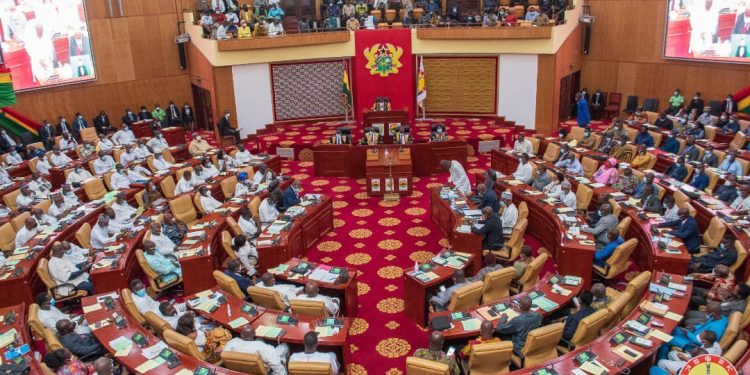


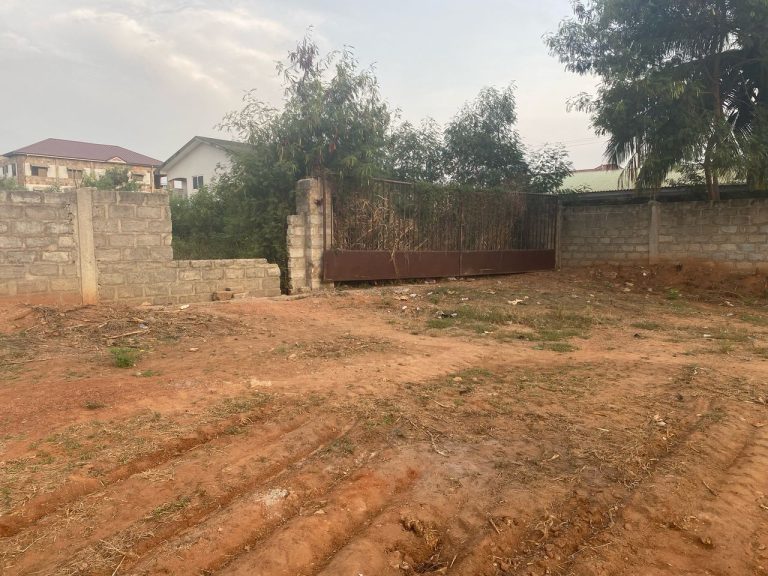


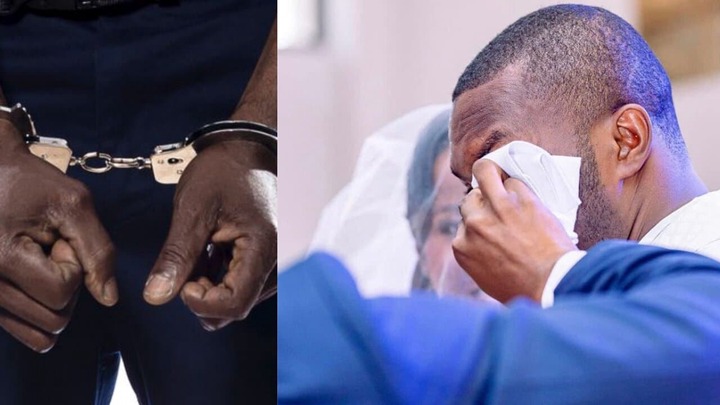


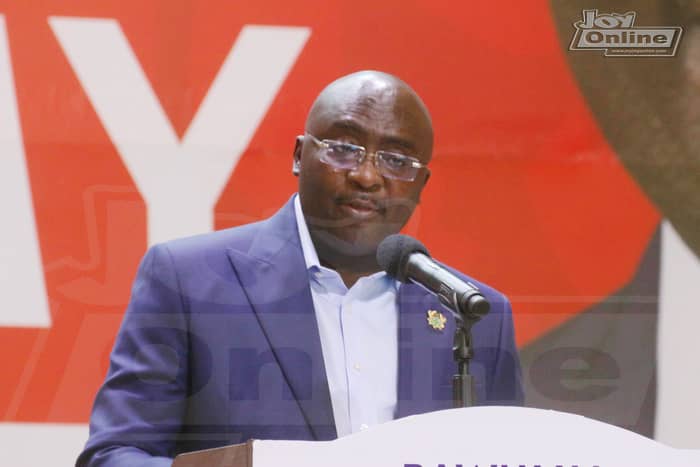

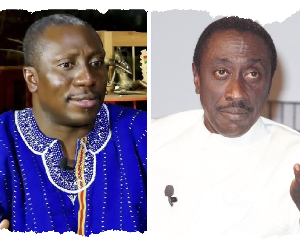

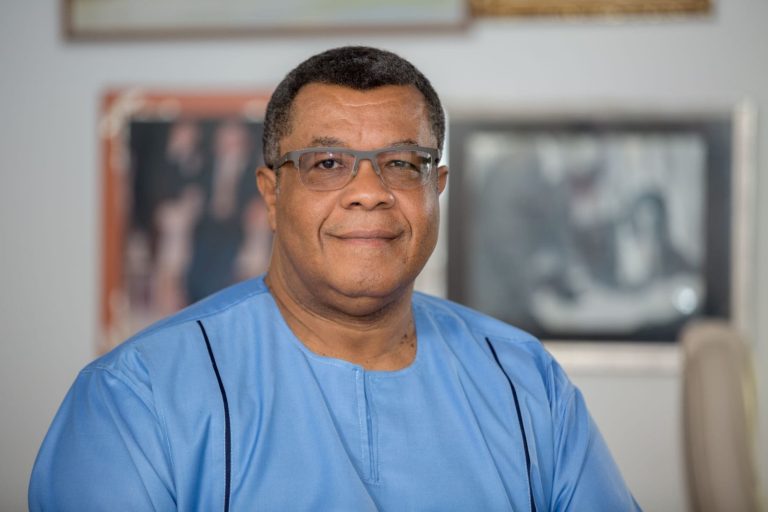





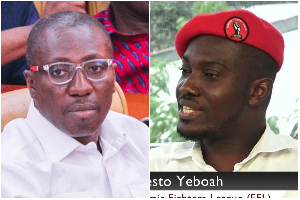



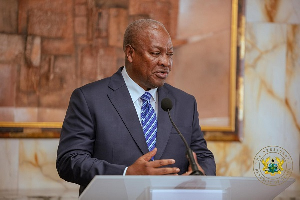
![Carlos Ahenkorah saved NPP from disgrace – Adwoa Safo [Listen] Carlos Ahenkorah saved NPP from disgrace – Adwoa Safo [Listen]](https://www.ghanamma.com/wp-content/uploads/2025/03/4460b05f82b04f1750159359222ab6c0.jpeg)





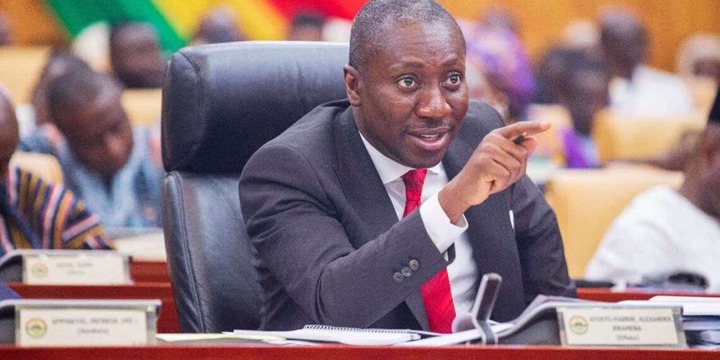

 She urged AI users to carefully review terms and conditions before adopting AI tools, stressing that “we have to be advocates for ourselves and our data.”
She urged AI users to carefully review terms and conditions before adopting AI tools, stressing that “we have to be advocates for ourselves and our data.”


